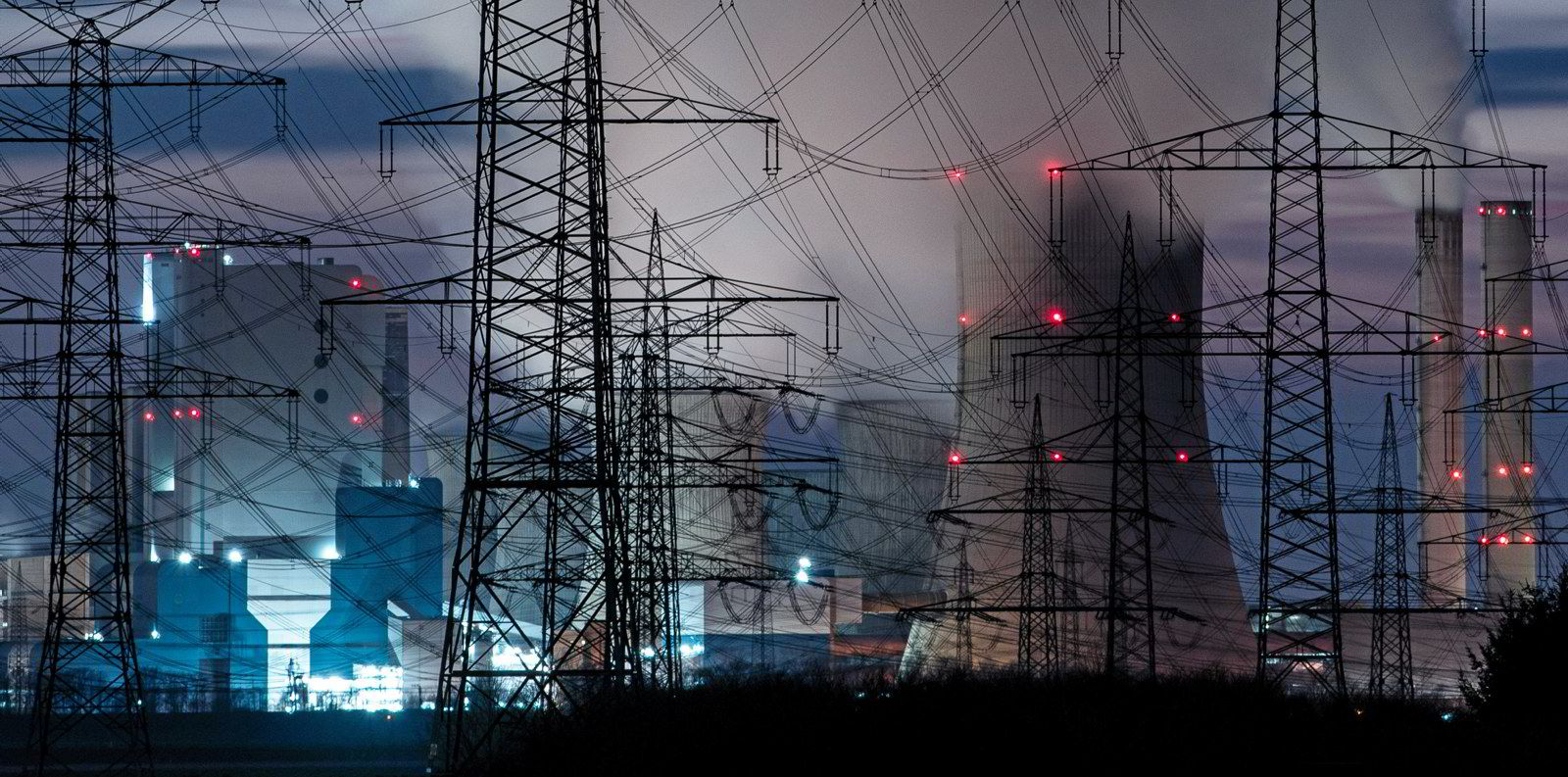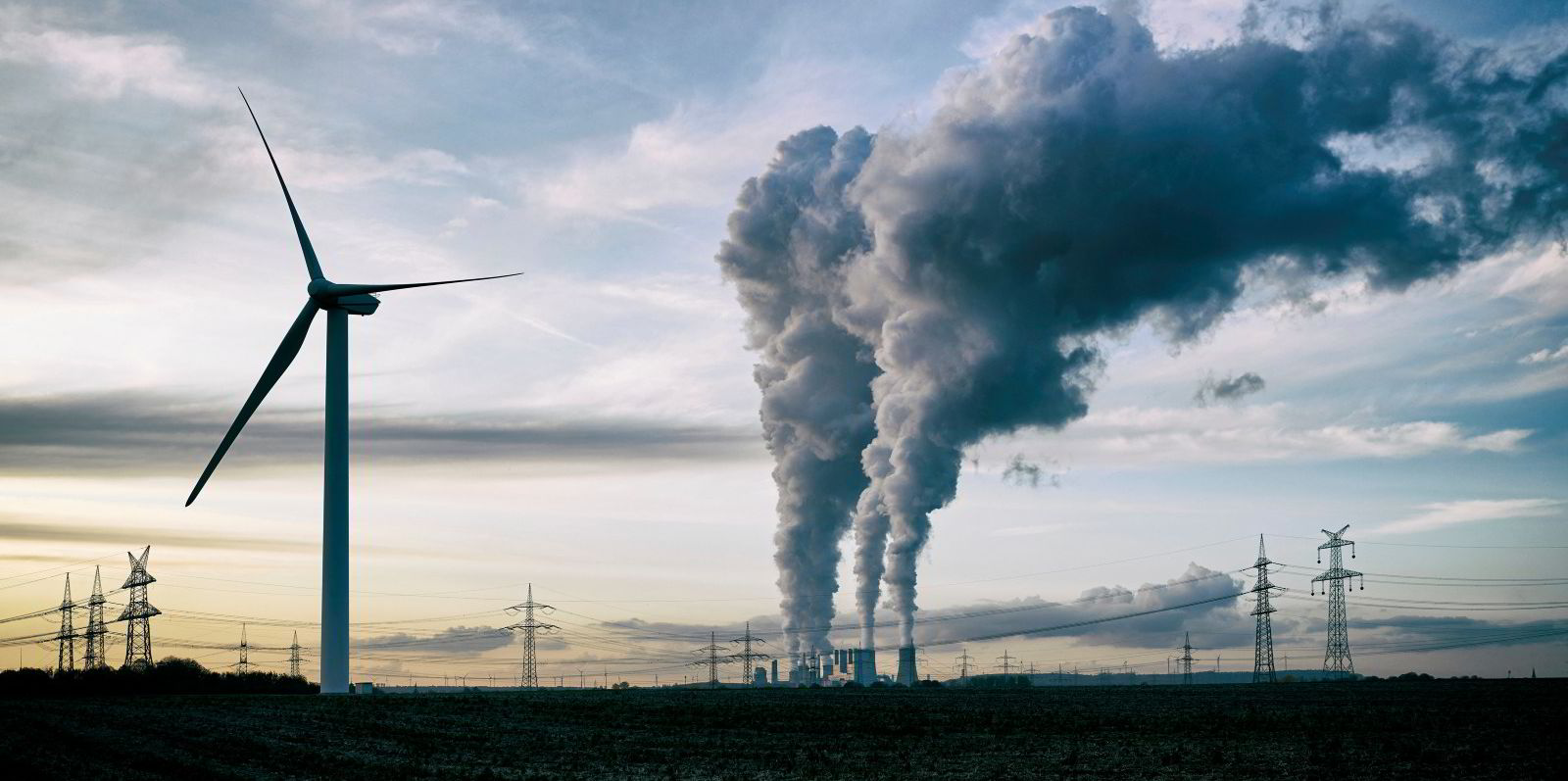Britain’s energy crisis marks a pivotal moment in the nation’s journey to net-zero. The uneven progress toward meeting global climate goals, volatile market conditions, compounded by a crunch in gas supply, should yield one critical central question: how can we bolster energy systems to ensure they are more resilient against fossil fuel volatility, and prevent skyrocketing energy bills?
The global energy transition is gathering momentum – and the accompanying news-stream becoming an information deluge. Separate the green giants from the greenwash and the hard facts from the click-bait headlines with Recharge Agenda, our curation of the market-making events of the week, distilled down into one quick-read newsletter. Sign up here for free
Sceptics have been quick to highlight the UK’s current situation as a cautionary tale against net-zero ambitions. The reality, however, is that the country’s energy system was not equipped to handle several disruptive events occurring in quick succession. If, as political pledges suggest, a low carbon future truly is the ambition for our global energy system – perhaps wise to defer here to the outcome of COP26 – then the energy crisis in Britain must be a lesson in the pitfalls of a half-hearted decarbonisation journey.
Prime Minister Boris Johnson’s recent vow to ensure Britain’s power system is fully renewable by 2035 is an important step in the right direction. An energy system that can rely on a high proportion of renewables generation would be far less sensitive to fossil fuel supply issues. This is, however, just half of the story. A fully decarbonised energy system requires both public and private sectors to go further, to rethink the design of power markets.
An electricity system running on renewables will demand a broad spectrum of adjustments to the structure of our energy systems. Wind and solar can generate green electrons, but these must be transported to consumers when demand is high – and stored when demand is low. With new technologies driving electrification, including EVs and electric heat pumps, demand patterns for electricity will fluctuate more broadly than they ever have before.
In a decarbonised future, the market around this system will need to ensure two things: one, that the way electricity is valued and traded aligns with this decentralised model, and two, that system-flexibility, and the solutions that enable it, are incentivised alongside putting up more turbines and solar panels.
At present, we don’t have this incentivisation. Advantages for fossil fuels are still prevalent across the world’s power markets as part of what is now an archaic market design. As opposed to aligning with the variable, decentralised nature of renewable power, and the demand patterns that electrification will give rise to, our power markets are rigidly formed around the centralised dispatch system of fossil fuel generation.
This means the market-based uptake of renewable energy is hindered. It also means the building blocks of a decarbonised power market, such as solutions that support a constant balance of power supply and demand, can’t be implemented. Furthermore, the investment signals directing attention towards these building blocks are minimal. These signals are critical to ensure green electrons can transform energy sectors that are traditionally dependent on fossil fuels, such as transport and heating.
Advantages for fossil fuels are still prevalent across the world’s power markets as part of what is now an archaic market design
A new market design in the UK will create resilience. An electrified energy system built on the foundation of renewable power, and fortified by strong grids and flexibility solutions, would be far less vulnerable to the pendulum of geopolitics and fossil fuel price volatility. And of course, it would be firmly on track to drastically reduce carbon emissions in the next decade, which is crucial to ensuring the Paris Agreement’s 1.5°C scenario remains within reach. Renewable deployment would need to accelerate to achieve this. Clean-energy capacity must consistently compensate for the retirement of fossil fuel power generation to ensure stable power supply and avoid price volatility.
Solving the challenge of how to design a decarbonised power market is not just an issue pertinent to the UK. Transforming the way we value, trade and regulate energy is a journey far greater than any one company, government or country. While solutions will differ depending on local market conditions, they can only be found through global debate, driven by collaboration from across the global energy spectrum. Renewable energy suppliers are the actors in this journey, but to act our stage must be set by policymakers, academia, global organisations, think tanks, all pulling in towards the same goal – any one of us working in isolation just won’t cut it.
· Christian Venderby is executive vice-president of Danish wind OEM Vestas’ service division




